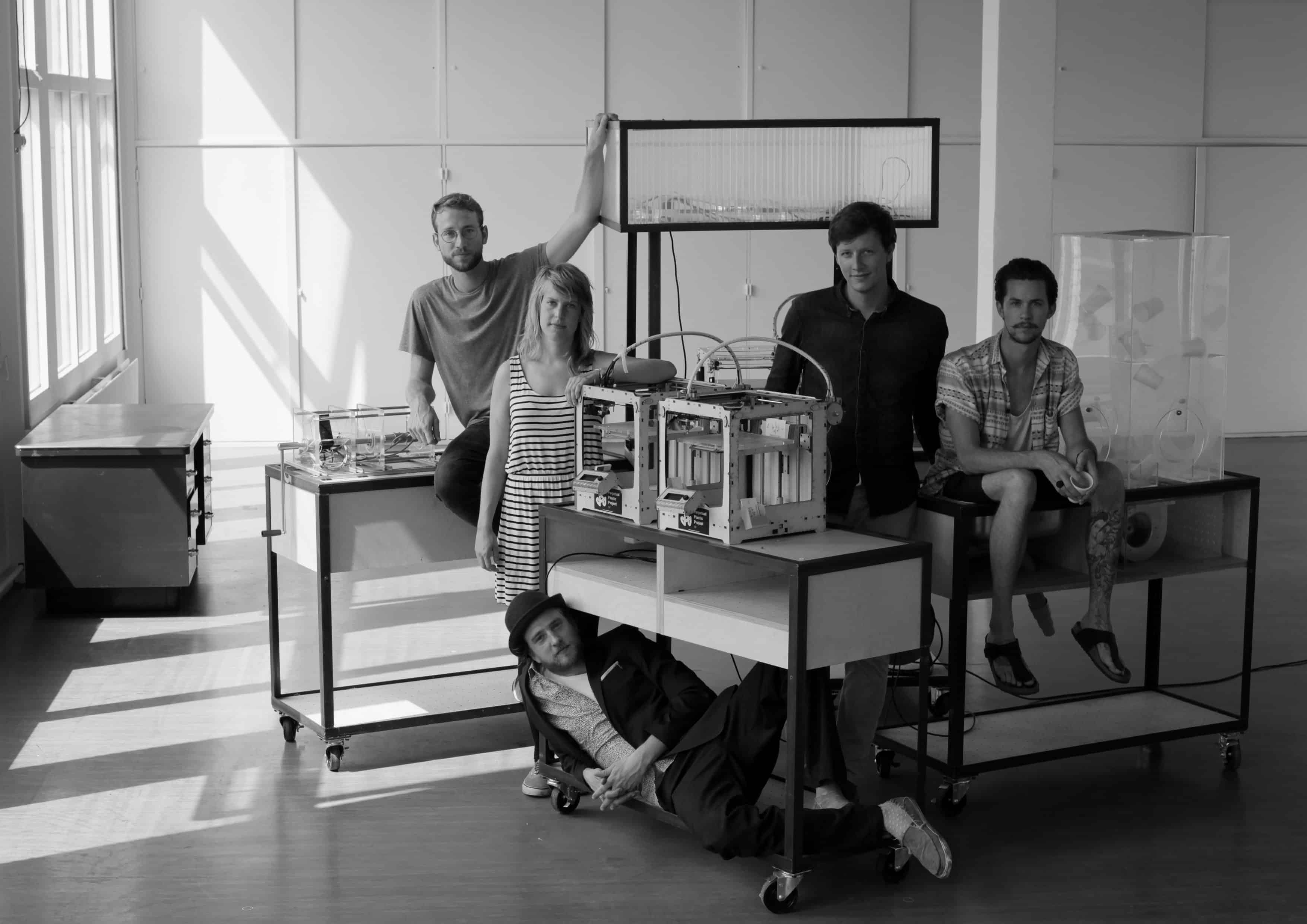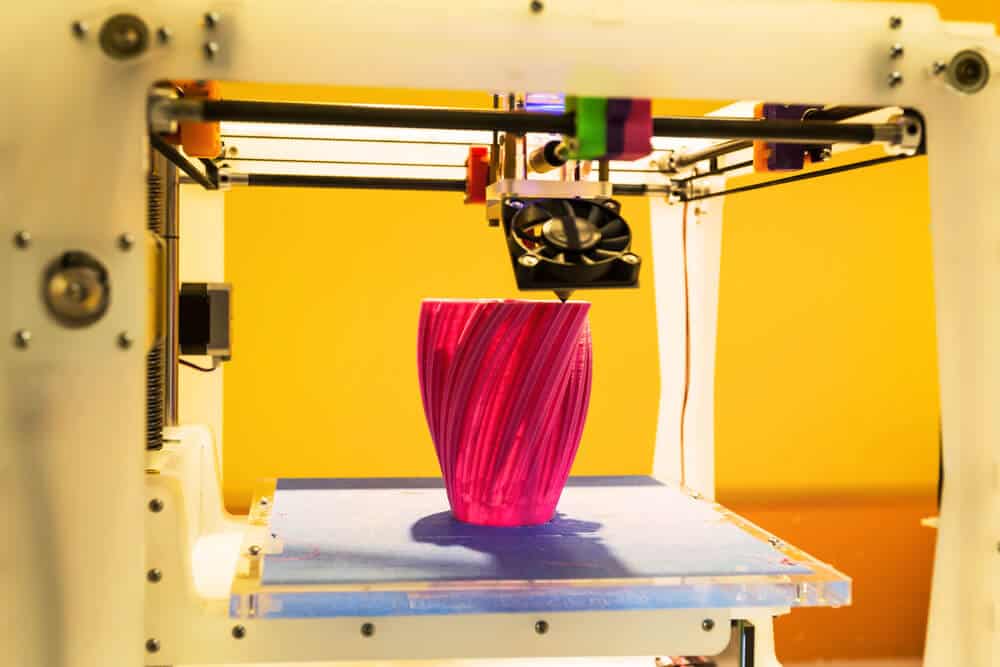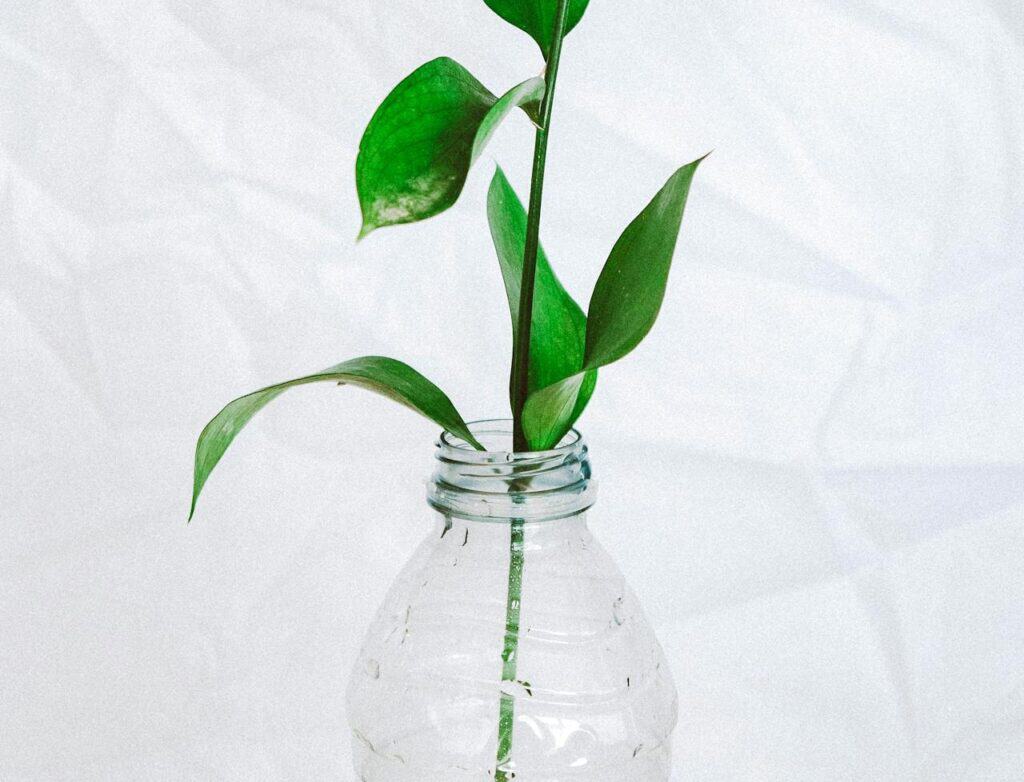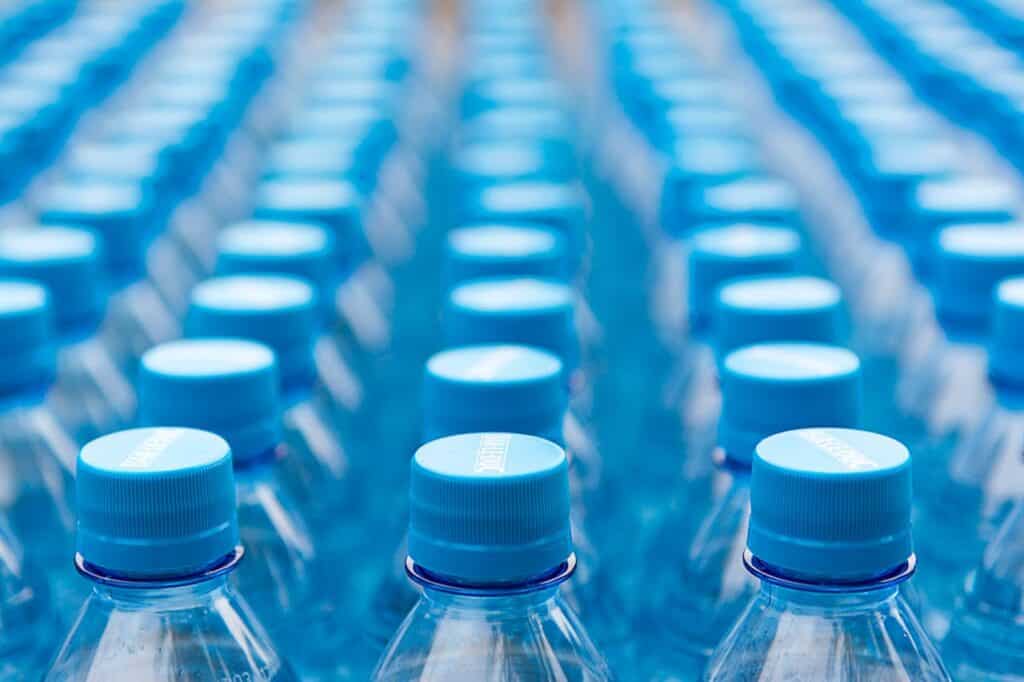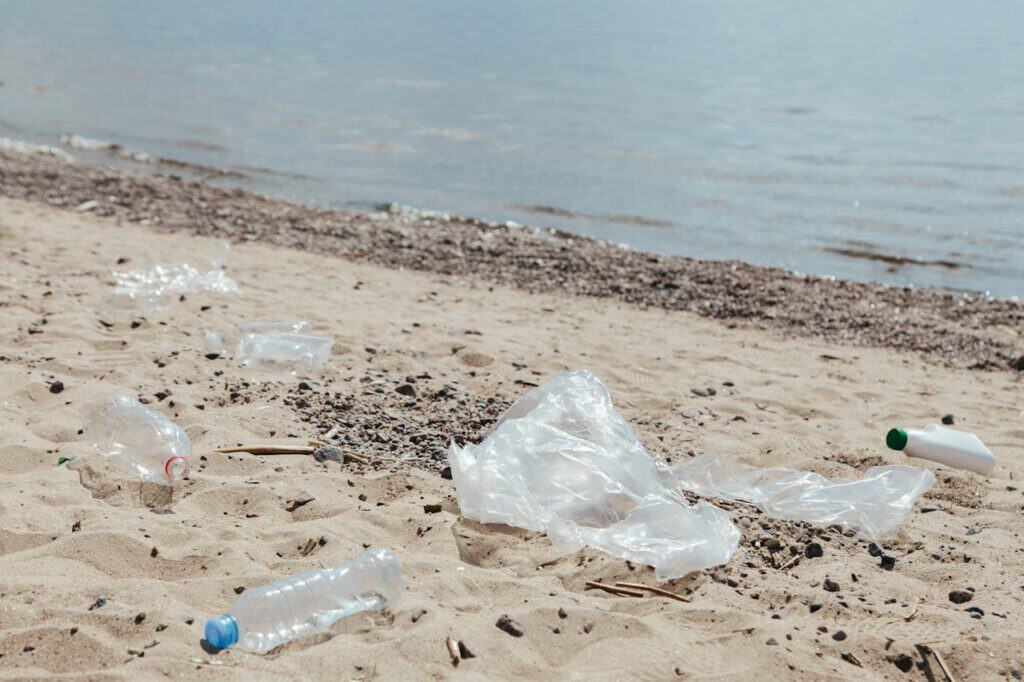It’s all happening in the Netherlands, with two great Dutch vehicle plastic recycling stories for you!
Let’s start with ‘Refil’
Dutch outfit Refil purchase and recycle old car parts to turn into plastic filament for 3D printers. That’s the long and short of it, but in fact, it’s far more interesting than that.
Refil are on an environmental mission to convince 3D printer users to consider the planetary impact of introducing even more plastic into circulation. By using recycled filament, some of the carbon footprint is reduced and presumably, the products printed can then be recycled at the end of their life.
3D PRINTER
Casper Van Der Meer, the co-founder, said “Using our refilament, instead of ordinary filament, you instantly make everything you print recycled. From vases, toys and jewellery to architectural models, prosthetics and other products… They all become recycled products when you print them with refilament.”
Car scraps are purchased, shredded and treated to remove contaminants and toxins. The material is produced into a sort of string that is wound around the spool, with this being the preferred method of feed a 3D printer. They don’t add any toxins to the plastic, in an attempt to make it as earth friendly as possible.
Check out this cool marketing video
Verderflex peristaltic pumps…
Oh yeah, those things! Actually, we had no clue what they are either before researching this article.
On average, an end-of-life car will yield 140kg of waste for the shredder. This is comprised of 26kg of metals, 69kg of plastics, 24kg of fibres and 11kg of minerals. In Tiel, in the Netherlands, a plant built in 2011 ranks in the top two Post Shredder Treatment plants in Europe. These centres are built purposely for recycling cars, and for what we love to talk about, vehicle plastic recycling! This PST in Tiel finds another purpose for over 95% of the shredded car waste that comes through.
About 40% of the recovered materials will be sent for recycling, around 56% will be sent for energy recovery through incineration and only 4% will go to landfill. The process of treating this waste is incredibly technical and involves 179 different machines, so we won’t bore you with all the details.
The waste is separated through many different methods, with one particular phase where it is placed in liquid and circulated. This phase causes the plastic to float and be pumped out. An organic lubricant called Ecodish is added to the waste first to make the plastic float better.
Still not much clearer on what Verderflex peristaltic pumps are? Well, Verderflex is a Yorkshire pump business and a peristaltic pump is one of these (above). Because of these pumps, vehicle plastic recycling is made easier and greener and for that we say thanks!

